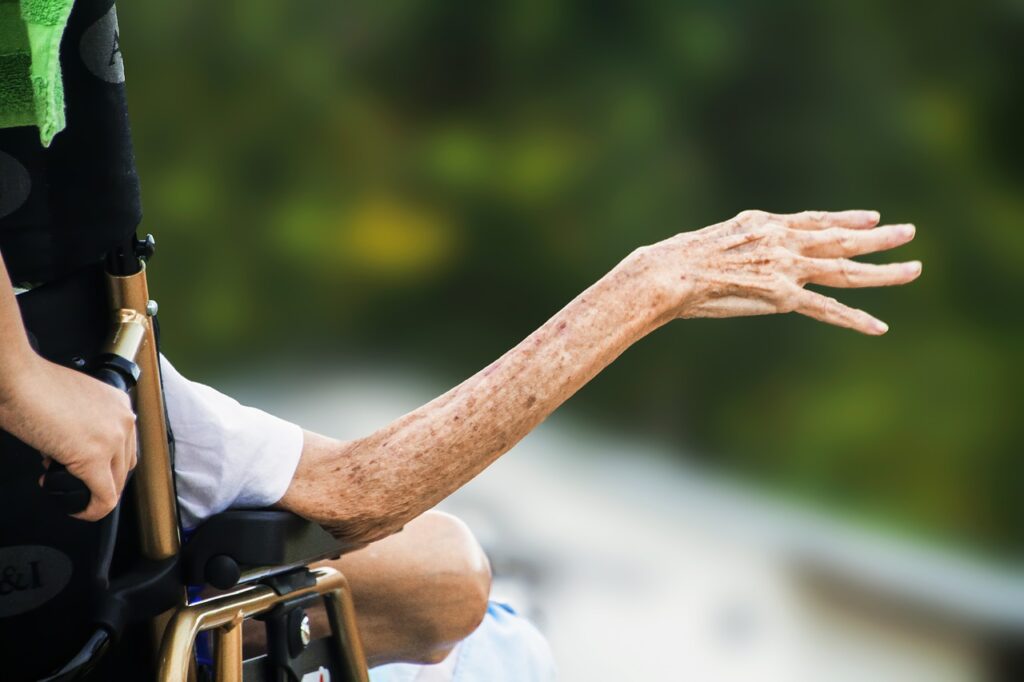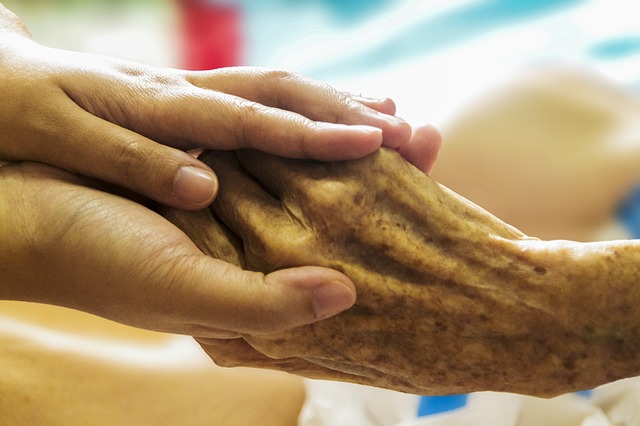Often times, when an elderly individual is admitted to a nursing home, the nursing home front office asks the resident or a family member to simply sign on the dotted line. In many instances, families are under stress, have some urgency to get the family member admitted, or are in need of immediate admission. As a result, individuals may sign without reading what they are signing. It is not uncommon for a nursing home to place a mandatory arbitration agreement somewhere inside the package of admission documents that require signature. By signing an arbitration agreement it means that should there be some problem with the care or services provided that cannot be resolved, the family and resident agree to bring the dispute before a professional arbitrator as opposed to having the option to file a lawsuit and have the dispute resolved by a jury. This latter approach is much more favorable to the individual resident whereas arbitration is much more beneficial to large corporations such as nursing homes. Many times the resident and family will have no choice relative to the individual who will be deciding the fate of the dispute. In addition, the decisions by arbitrators often provide no benefit to future residents nor do anything to improve care within nursing homes.

It is our suggestion that elderly individuals and their families read admission agreements closely and, if necessary, ask an attorney to review the documents before anything is signed. We also suggest residents refuse to sign any binding arbitration clauses that are contained in the admission agreements. The prospective resident or family members can simply advise the facility that they will not sign an arbitration agreement. The facility may not condition an admission on an agreement to arbitrate. It is suggested that one simply cross out and initial any proposed arbitration provisions. Do not allow the nursing home to cause you or your loved one to waive a fundamental constitutional right-trial by jury. Prospective residents can also protect themselves by limiting those powers granted within a power of attorney. One can specifically include language barring the agent from agreeing to any type of mandatory binding arbitration.
Even if you or a family has already signed a binding arbitration agreement there may be avenues for voiding the agreement and you should consult with an attorney in order to potentially resolve that issue.









